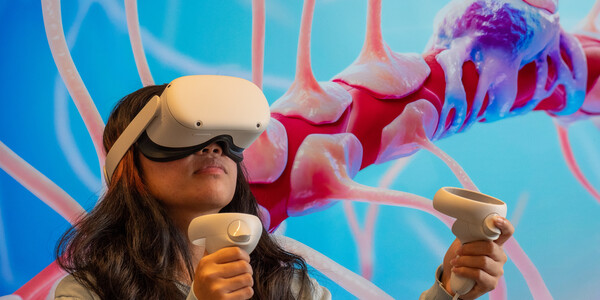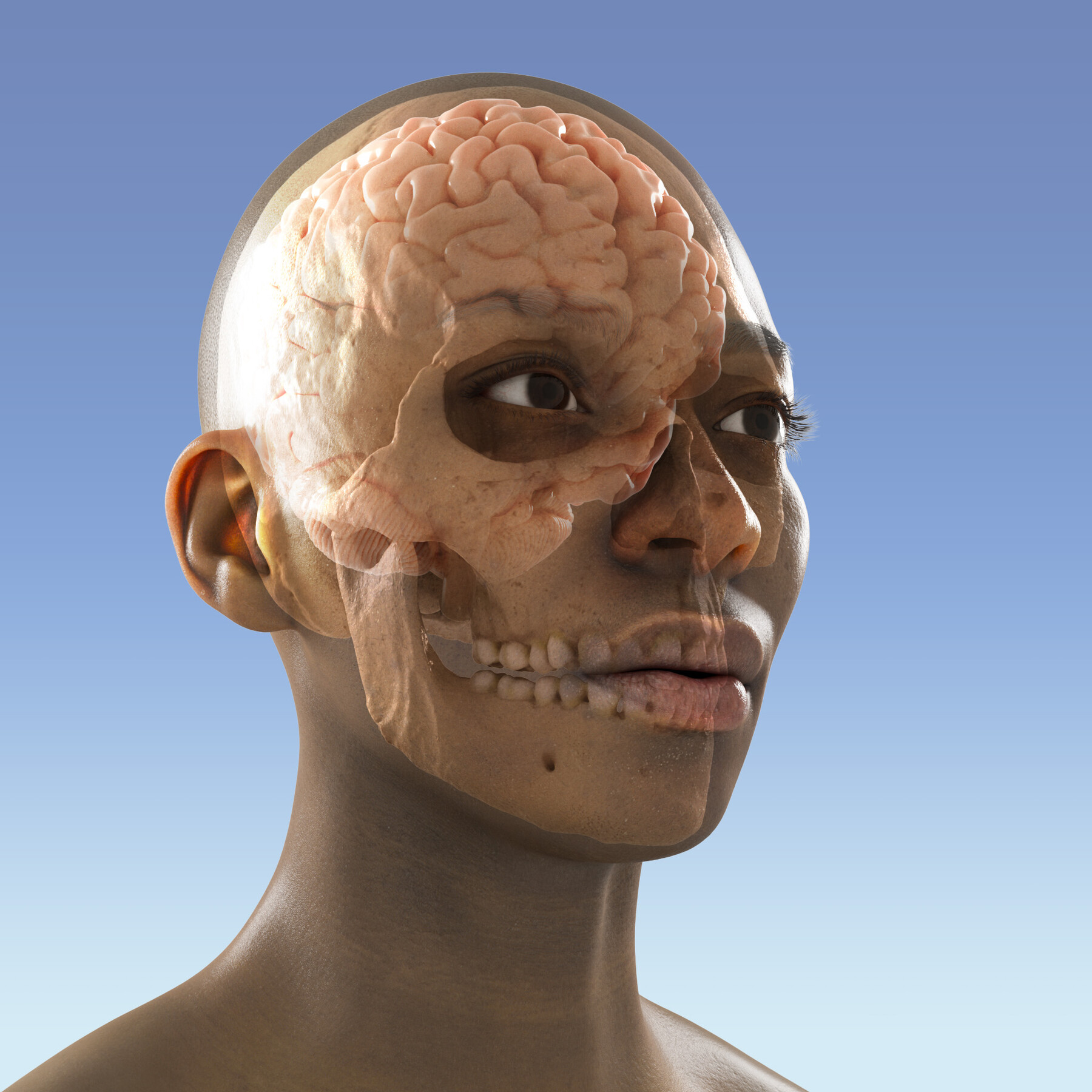
Main Second Level Navigation
Breadcrumbs
- Home
- Future Students
- Graduate Education
- Explore our Graduate Programs
- Professional Masters
- Biomedical Communications
Biomedical Communications
MScBMC
Our Program
The Master of Science in Biomedical Communications (MScBMC) is a professional graduate program focused on the design, creation, and evaluation of visual media for scientific and healthcare communication. Building on a rich tradition of medical illustration, we integrate art, science, medicine, and communication to produce visual content that advances health promotion, medical education, and scientific discovery.
In this course-based program, students develop conceptual expertise in community-centred design, visual storytelling, and domain-specific communication best practices, alongside research methodologies to assess the impact of their media creations. They also gain technical expertise in a wide range of communication tools, including digital illustration, animation, digital sculpting, interactive media, and virtual and augmented reality.
Unique in Canada and one of only five accredited Master’s-level medical visualization programs in North America, the MScBMC program is housed in state-of-the-art facilities primarily located at the University of Toronto Mississauga campus.
Compulsory Courses

Year 1
- MSC 1001Y (Human Anatomy, 1.0 FCE)
- MSC 2001Y (Visual Representation of Medical Knowledge, 1.0 FCE)
- MSC 2003Y (Biomedical Communications Technology, 0.5 FCE)
- MSC 2004H (Research Methods, 0.5 FCE)
- MSC 2009H (Ethics and Professionalism in Biomedical Communications, 0.5 FCE)
- MSC 2020H (Visual Representation of Biomolecular Structure & Function, 0.5 FCE) and
- MSC 2023H (Information Visualization, 0.5 FCE).
Year Two
- MSC 2002H (Sequential Medical Communication, 0.5 FCE)
- MSC 2012H (Neuroanatomy, 0.5 FCE)
- MSC 2018H (Pathology, 0.5 FCE) and
- MSC 2025Y (Master's Research Project for Biomedical Communications).
Successful students typically complete this program within 2 years.
Alumni Profile

Samantha Li, MScBMC
The MScBMC program gave me a strong foundation in storytelling and design, and taught me how to transform challenging concepts into compelling visual narratives.
During my graduate studies, I designed physician-facing educational materials for institutions like the Ted Rogers Centre for Heart Research and contributed clinical skill diagrams to the Toronto Notes. I also designed award-winning online tools and led visual science communication workshops for U of T life science students.
Since graduating, I have been working as a Biomedical Communications Associate at Coactuate, where I collaborate with global pharmaceutical and life sciences clients to research and develop accessible and impactful strategic narratives that drive their overall mission forward.
Potential Career Paths
Sample Jobs
Our MScBMC graduates take on diverse leadership roles in industry, including:
- Animators in the pharmaceutical and biotechnology industries
- Lead illustrators in textbook and journal prepess companies
- User experience designers in mobile health application development
- Communications specialists for non-profit health organizations
- Developers in the educational gaming industry
- Creative directors in medical advertising
- Creators of medical demonstrative evidence for the courtroom
- Hospital-based designers of educational health communication materials
- Researchers and educators in higher education.

Institute of Medical Science
*Full course equivalent. A typical 0.5 FCE is over one term (13 weeks), meeting 1-2 times per week. A typical 1.0 FCE is over two terms (26 weeks), meeting 1-2 times per week.